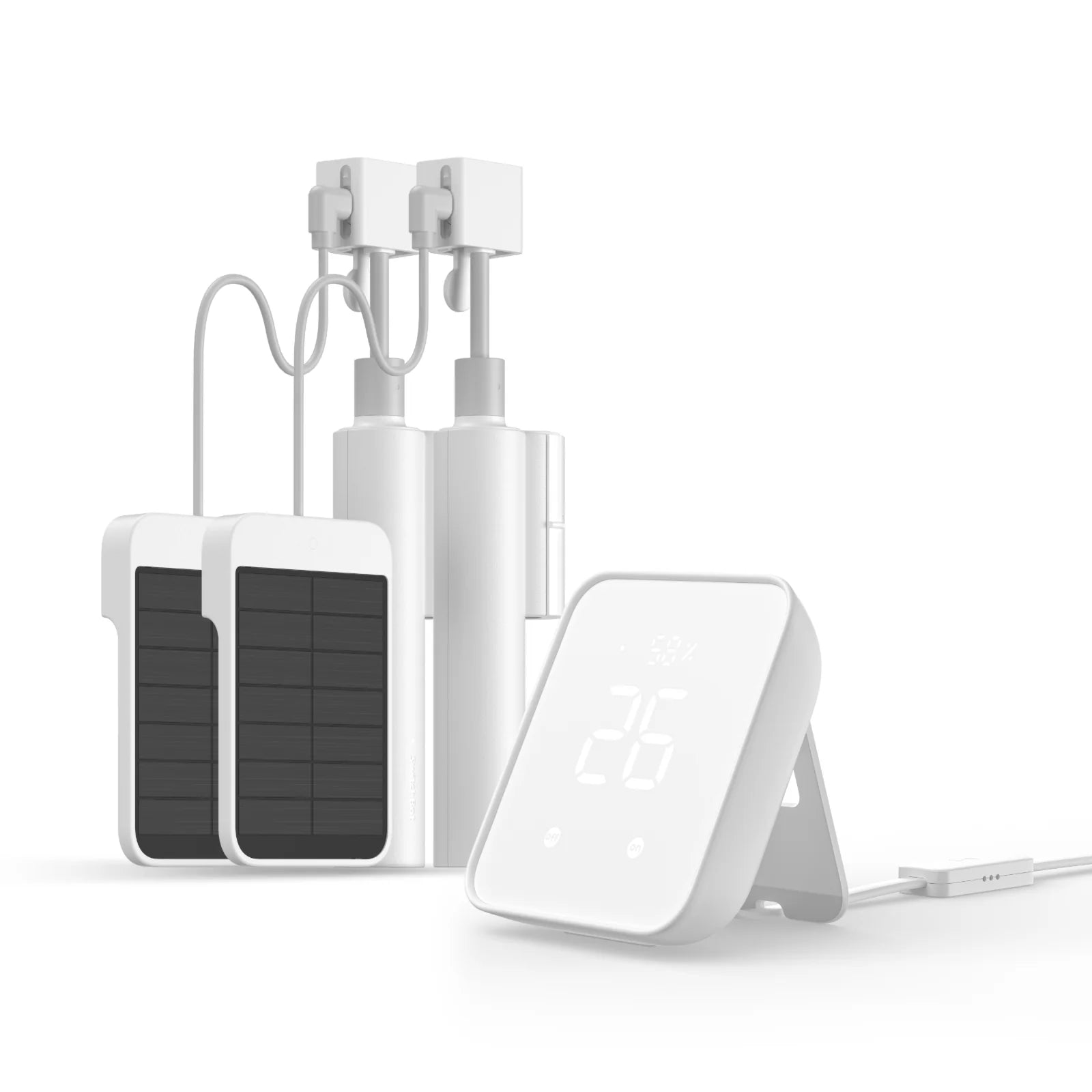How Remote Control Window Blinds Can Improve Energy Efficiency in Office Buildings
Body
Remote control window blinds, also known as motorized window blinds, offer a modern solution to improving energy efficiency in office buildings. These innovative window treatments not only provide convenience and comfort but also contribute to significant energy savings. In this article, we will explore the various ways in which remote control window blinds can enhance energy efficiency in office buildings.

Enhanced Control of Natural Light
One of the key benefits of remote control window blinds is the ability to precisely control the amount of natural light entering a space. By adjusting the blinds to optimize natural light, office buildings can reduce the need for artificial lighting during the day, leading to lower energy consumption. This feature is particularly valuable in areas with varying sunlight intensity throughout the day, as the blinds can be adjusted accordingly to maximize energy efficiency.
Automated Temperature Regulation
Remote control window blinds can be integrated with building automation systems to regulate indoor temperatures more effectively. By programming the blinds to open or close based on the time of day and the position of the sun, office buildings can minimize the heat gain in summer and maximize solar heat gain in winter. This automated temperature regulation reduces the workload on heating, ventilation, and air conditioning (HVAC) systems, resulting in energy savings and improved comfort for building occupants.
Dynamic Energy Management
With the ability to remotely control window blinds, facility managers can implement dynamic energy management strategies. For example, during peak sunlight hours, the blinds can be adjusted to prevent glare and reduce solar heat gain, thereby lowering the cooling load on HVAC systems. Conversely, on cloudy days or during the winter months, the blinds can be adjusted to allow more natural light and warmth into the building, reducing the reliance on artificial lighting and heating. This dynamic approach to energy management optimizes the use of natural resources and minimizes energy waste.
Occupant Comfort and Productivity
Besides energy efficiency, remote control window blinds also contribute to occupant comfort and productivity in office buildings. Employees can personalize their workspace by adjusting the blinds to their preferred lighting and privacy levels, creating a more pleasant and conducive environment for work. Studies have shown that access to natural light and outdoor views can positively impact employee well-being and productivity, making remote control window blinds a valuable addition to office environments.
In conclusion, remote control window blinds offer a multifaceted solution to improving energy efficiency in office buildings. By harnessing the power of natural light and integrating with building automation systems, these innovative window treatments enable precise control over lighting, temperature, and energy consumption. Furthermore, they enhance occupant comfort and well-being, contributing to a more sustainable and productive work environment. As the demand for energy-efficient building solutions continues to grow, remote control window blinds are poised to play a pivotal role in shaping the future of office design and operation.









Comments